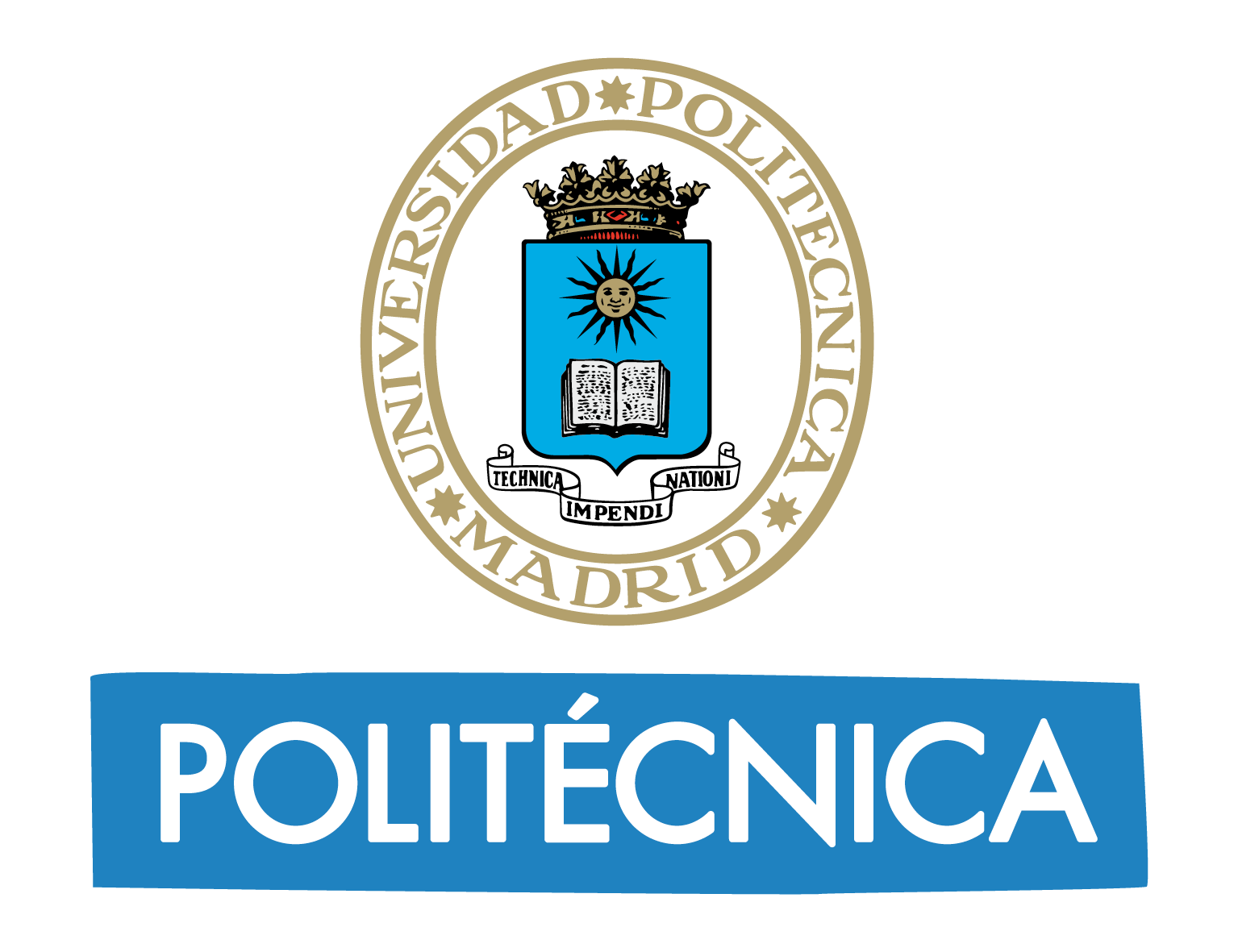PHD AT THE UNIVERSIDAD POLITÉCNICA DE MADRID
PhD in science and computer technologies for Smart Cities
| Centre | E.T.S DE ING. DE SISTEMAS INFORMÁTICOS |
|---|---|
| Official Degree | Doctorado en Ciencias y Tecnologías de la Computación para Smart Cities (R.D.99/2011) |
| Web | https://doctorado.etsisi.upm.es |
| Doctoral Area | ICT |
| Places | 10 |
| Contact | David Camacho Fernández 910673589 david.camacho@upm.es |
| Presentation | Research in Science and Computer Technologies for Smart Cities is the engine of one of the technology sectors with higher growth prospects today. In addition to contributing to the progress of the ICT sector itself by designing increasingly complex software systems and implementing distributed systems over dynamic and mobile networks, this research is essential in other sectors involved in the so called concept of Smart Cities (e.g. transport sustainable infrastructure, energy supplies and intelligent building design) among many other domains In this context, this PhD program primarily focuses on three research areas: 1. Design of complex software systems and applications: This line of research focuses on the Software Engineering of complex systems, particularly on process models, product architectures and software tools to achieve general improvements in the quality of the software product and, in a related way, in the quality of the process of producing that product. Applications include IT for energy and smartgrids, where Information Technologies are used to improve energy management (covering aspects such as design for low energy consumption, recycling, reuse and environmental impact) and the design of recommender systems in the framework of social networks. 2. Computer architecture, security and advanced networks: The objective of this research line is the study of computer architectures for the improvement, at different levels, of current computer systems. This line includes research into advanced hardware architectures, advances in quantum computing systems, the definition of complex network and communications systems, the analysis of computer security mechanisms and the use of blockchain systems. 3. Data science and artificial intelligence.This research line focuses on the study and application of data extraction, treatment, loading and processing using artificial intelligence techniques linked to Smart cities. The programme's researchers are currently working on the definition of strategies for exploratory data analysis, the creation of new predictive models based on artificial intelligence and the application of both machine learning and deep learning techniques to the resolution of data science problems. |
| Interuniversity | No |
| Centre | E.T.S DE ING. DE SISTEMAS INFORMÁTICOS |
|---|---|
| Official Degree | Doctorado en Ciencias y Tecnologías de la Computación para Smart Cities (R.D.99/2011) |
| Web | https://doctorado.etsisi.upm.es |
| Doctoral Area | ICT |
| Places | 10 |
| Contact | David Camacho Fernández 910673589 david.camacho@upm.es |
| Presentation | Research in Science and Computer Technologies for Smart Cities is the engine of one of the technology sectors with higher growth prospects today. In addition to contributing to the progress of the ICT sector itself by designing increasingly complex software systems and implementing distributed systems over dynamic and mobile networks, this research is essential in other sectors involved in the so called concept of Smart Cities (e.g. transport sustainable infrastructure, energy supplies and intelligent building design) among many other domains In this context, this PhD program primarily focuses on three research areas: 1. Design of complex software systems and applications: This line of research focuses on the Software Engineering of complex systems, particularly on process models, product architectures and software tools to achieve general improvements in the quality of the software product and, in a related way, in the quality of the process of producing that product. Applications include IT for energy and smartgrids, where Information Technologies are used to improve energy management (covering aspects such as design for low energy consumption, recycling, reuse and environmental impact) and the design of recommender systems in the framework of social networks. 2. Computer architecture, security and advanced networks: The objective of this research line is the study of computer architectures for the improvement, at different levels, of current computer systems. This line includes research into advanced hardware architectures, advances in quantum computing systems, the definition of complex network and communications systems, the analysis of computer security mechanisms and the use of blockchain systems. 3. Data science and artificial intelligence.This research line focuses on the study and application of data extraction, treatment, loading and processing using artificial intelligence techniques linked to Smart cities. The programme's researchers are currently working on the definition of strategies for exploratory data analysis, the creation of new predictive models based on artificial intelligence and the application of both machine learning and deep learning techniques to the resolution of data science problems. |
| Interuniversity | No |


